The National Food Strategy: our Director responds
July 15, 2021
This post is written by Prof David Salt. We welcome the publication of the National Food Strategy today. Since 2017, the Future Food Beacon has spearheaded transdisciplinary research on food systems, clear in the knowledge that our food systems must change in order to preserve population health and the health of the planet. The current …
Duckweed hunting in the South West: Part two in a botanical tale of exploring natural variation around us
July 7, 2021
This post is written by Kellie Smith I introduced the great duckweed hunt in my previous blog starting on the South East coast. The quest takes me this week to the other end of the South, the South west corner, particularly St Austell and the Cornwall region. It turns out Cornwall is quite far! Why …
The great duckweed hunt! Part one in a botanical tale of exploring natural variation around us
July 5, 2021
This post is written by Kellie Smith. Welcome to our new series, showcasing duckweed! We have written about duckweed before, but these posts showcase PhD candidate Kellie Smith’s fieldwork hunting duckweed around the UK. Kellie is an avid duckweed collector and researcher in Food and Agriculture at the University of Nottingham. She is passionate about …
Pint of Science, in Greek
June 15, 2021
This blog post is written by Niki Tsoutsoura, PhD candidate with the Future Proteins Platform. Pint of Science is a worldwide, annual science festival, communicating science in an informal setting. It started in the UK by bringing scientists to pubs and cafes to present and explain their complicated research projects in a way ordinary folk …
The importance of food safety
June 7, 2021
Today is World Food Safety Day! The foods we eat need to be safe for us to consume, not only for human health but wider planetary health, economic prosperity and sustainable development. There are systemic interconnections between the health of people, animals, plants, the environment, and the economy. We all have a role to play …
Statistics in the GeoNutrition project – by Murray Lark, Christopher Chagumaira and Alice Milne
May 28, 2021
The intriguing message from our recent Nature paper (Gashu et al., 2021) is that the concentration of essential dietary micronutrients (like zinc and selenium) in locally-grown staple crops depends on where you look in the landscape. This was found in two African countries with contrasting cropping and food systems, but a shared common challenge of …
Micronutrients in cereals in Ethiopia and Malawi – the GeoNutrition team’s Nature paper
May 21, 2021
This week we are celebrating the publication of the GeoNutrition project team’s paper published in Nature: ‘The nutritional quality of cereals varies geospatially in Ethiopia and Malawi’. Here, we summarise some of the paper’s headline findings. We also provide links to several pieces that take different angles on the work done, the people involved and …
The growing power of the rhizotrons! – An interview with Dr Jonathan Atkinson
April 30, 2021
Dr Jonathan Atkinson is a Senior Research Fellow, Technologist in Phenomics, and co-founder of the Future Food Beacon’s Makerspace. He stars in our new video Future Food: an introduction to the Makerspace, which we highly recommend that you watch! In this blog, we ask why and how Dr Atkinson designed and built his largest creations …
Fieldwork in the Yucatan during the Covid-19 pandemic – An interview with Karla G. Hernandez-Aguilar
April 16, 2021
Karla G. Hernandez-Aguilar is a PhD candidate on the Palaeobenchmarking Resilient Agricultural Systems (PalaeoRAS) project. Photograph above: colour diversity in a maize variety called Gallito (little rooster) harvested in the same milpa plot in Xoy community in Southern Yucatan – by Karla G. Hernandez-Aguilar When was your first research trip to the Yucatan and how did it go? My first …
The Baobab Genome Project: approaching the mysteries of diversification and death – by Levi Yant
March 15, 2021
With its unmistakeable shape synonymous with the continent, the baobab is an African icon. It is also important on a very practical level: its nutritious fruit, pulp and seeds have been eaten across Africa for ages. High in vitamin C and other nutrients, the use of baobab in the global diet is radically increasing, with …

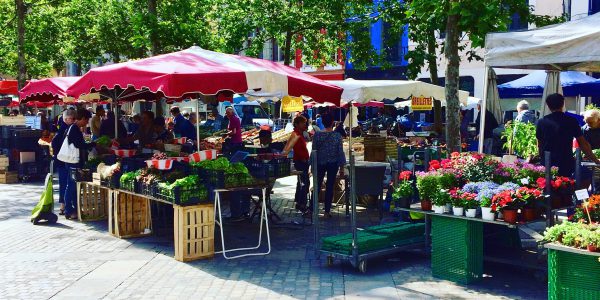
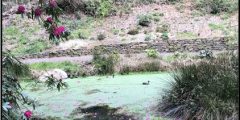
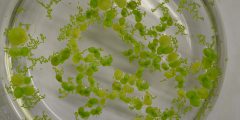



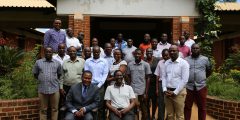
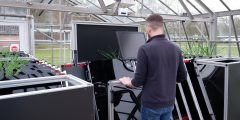
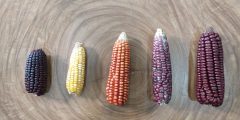
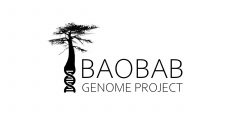
Recent Comments